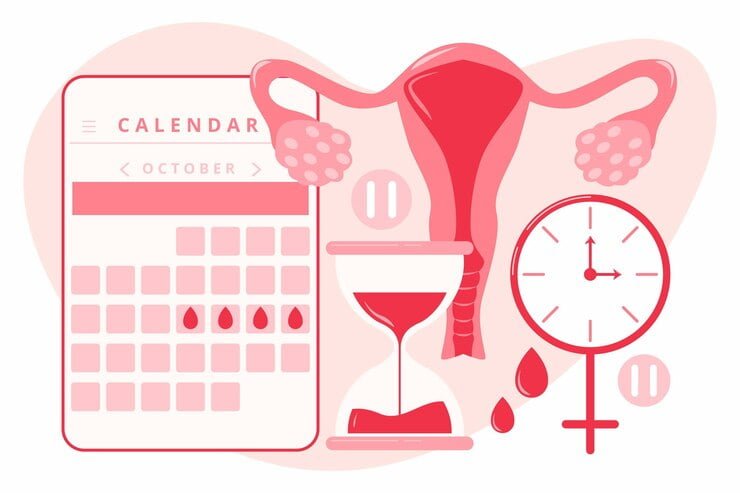The menstrual cycle is a large part of many women’s lives but is also an often misunderstood biological process. Here are some things you should know about your menstrual period.
What Does It Mean If You Don’t Get Your Period?

While the majority of periods are consistent, there are reasons that a period may go awry, and some amount of variation in your cycle can be expected.
You can generally expect your menstrual period once a month, usually landing within the same window of days. Still, a menstrual period that has gone missing can have several different causes. Of course, you would first want to check to see if you are pregnant if you are sexually active.
Finding out you are pregnant as soon as you miss your period can open up your options, including abortion Illinois, or could help you make sure you get the proper medical care early on.
Besides pregnancy, medical conditions could cause irregularities in your menstrual cycle, such as PCOS, hypothyroidism, an eating disorder, or even stress. It is always wise to reach out to your primary doctor or gynecologist to investigate why your menstrual cycle is off.
What Amount Of Pain and Bleeding Are Normal?

Periods mark the end of your menstrual cycle. If you are not pregnant, the lining of your uterus sheds to prepare for the next month’s cycle, causing bleeding and sometimes uterine cramps that can range from bothersome to extremely painful.
There is a wide range of what is considered normal for bleeding and cramping, but there are definite warning signs to know about when to seek medical help. If you are bleeding excessively, as in soaking four pads in a two-hour window, you should go to the emergency room as bleeding this much can be dangerous.
You should make an appointment with a gynecologist if you often have such painful cramps that interfere with your daily life because this could be a sign of disease, such as endometriosis.
Related Resource: Why You Should Choose Eco-Friendly Period Products
When Should You Seek Medical Advice?

It can be hard to understand when you should go to your doctor when it comes to menstruation, but it is always recommended that you make an appointment anytime something seems amiss. As mentioned previously, you should seek medical help for problematic bleeding and uterine cramping, but there are other reasons to talk to your doctor.
Suppose you are experiencing any other difficult period symptoms, such as PMS that is interrupting your life, spotting outside of your period, or anything else that seems abnormal. In that case, it’s best to seek professional help. Additionally, if you would rather not have a monthly period, you could talk to your doctor about getting a birth control that allows you to skip yours.
Every menstrual period is as unique as the body that experiences it, but it is essential to understand what is normal and when you should be worried. Using the information provided, you should feel more confident that you have the knowledge you need about your own period.
Read Also:




























